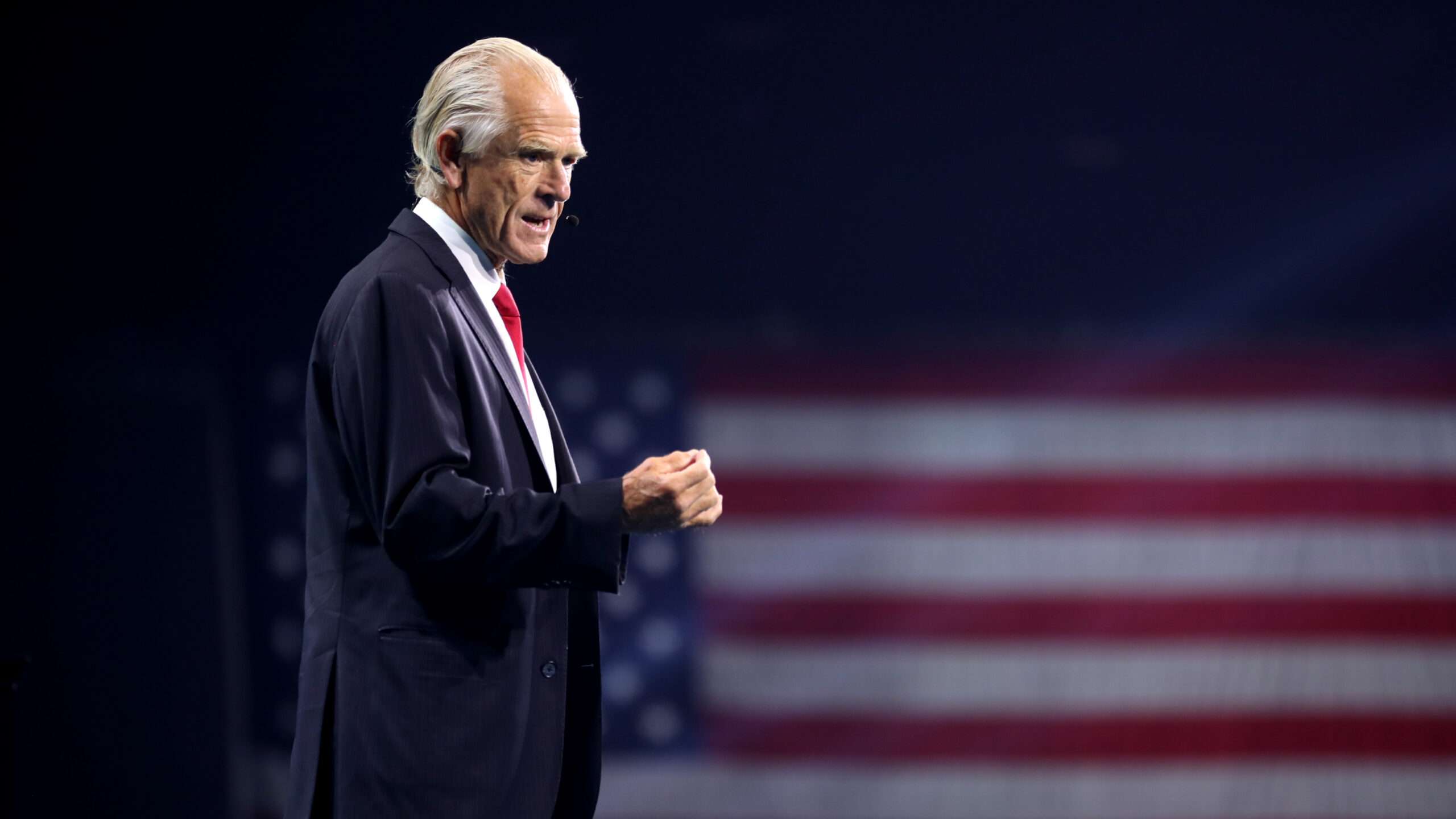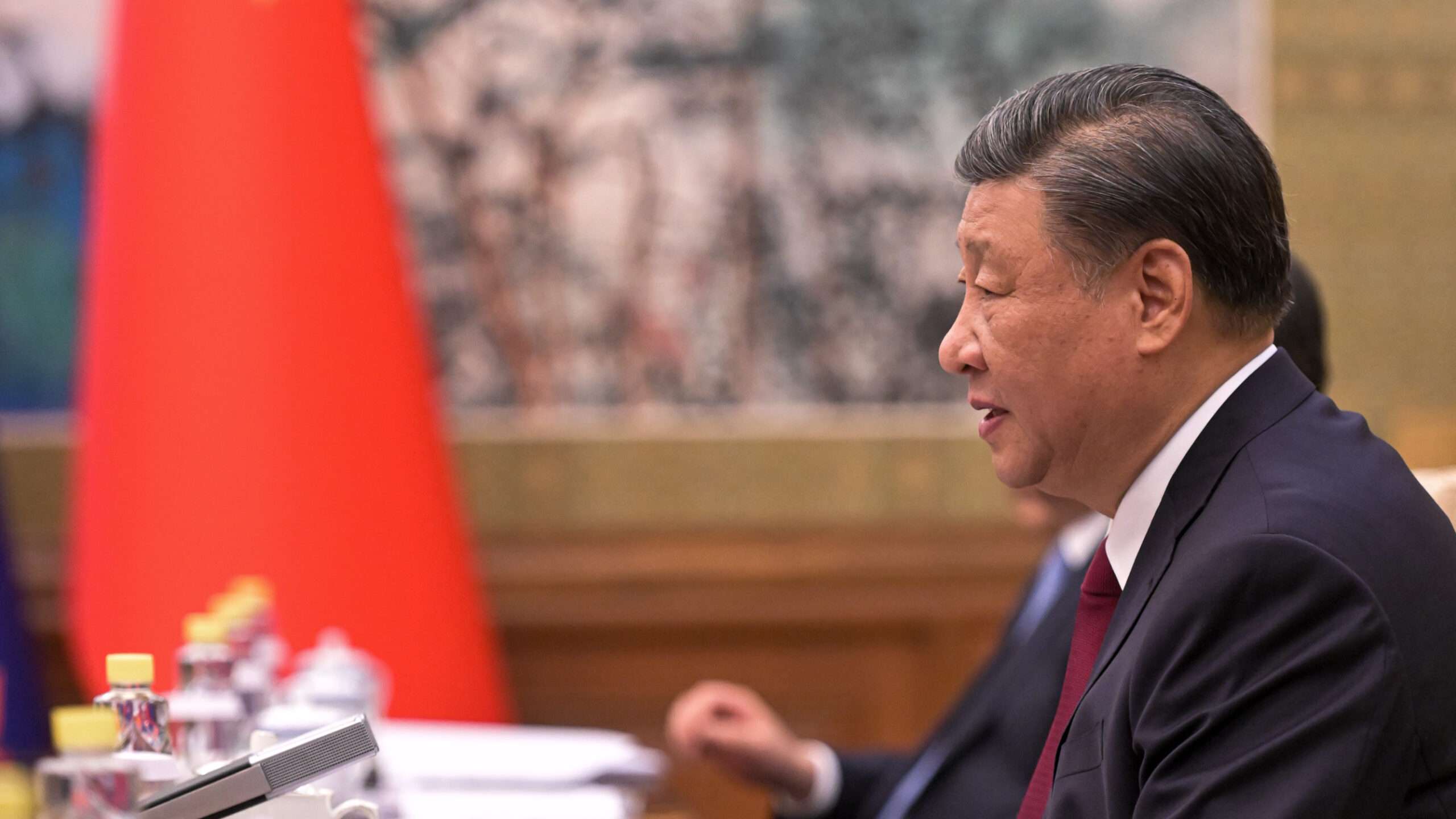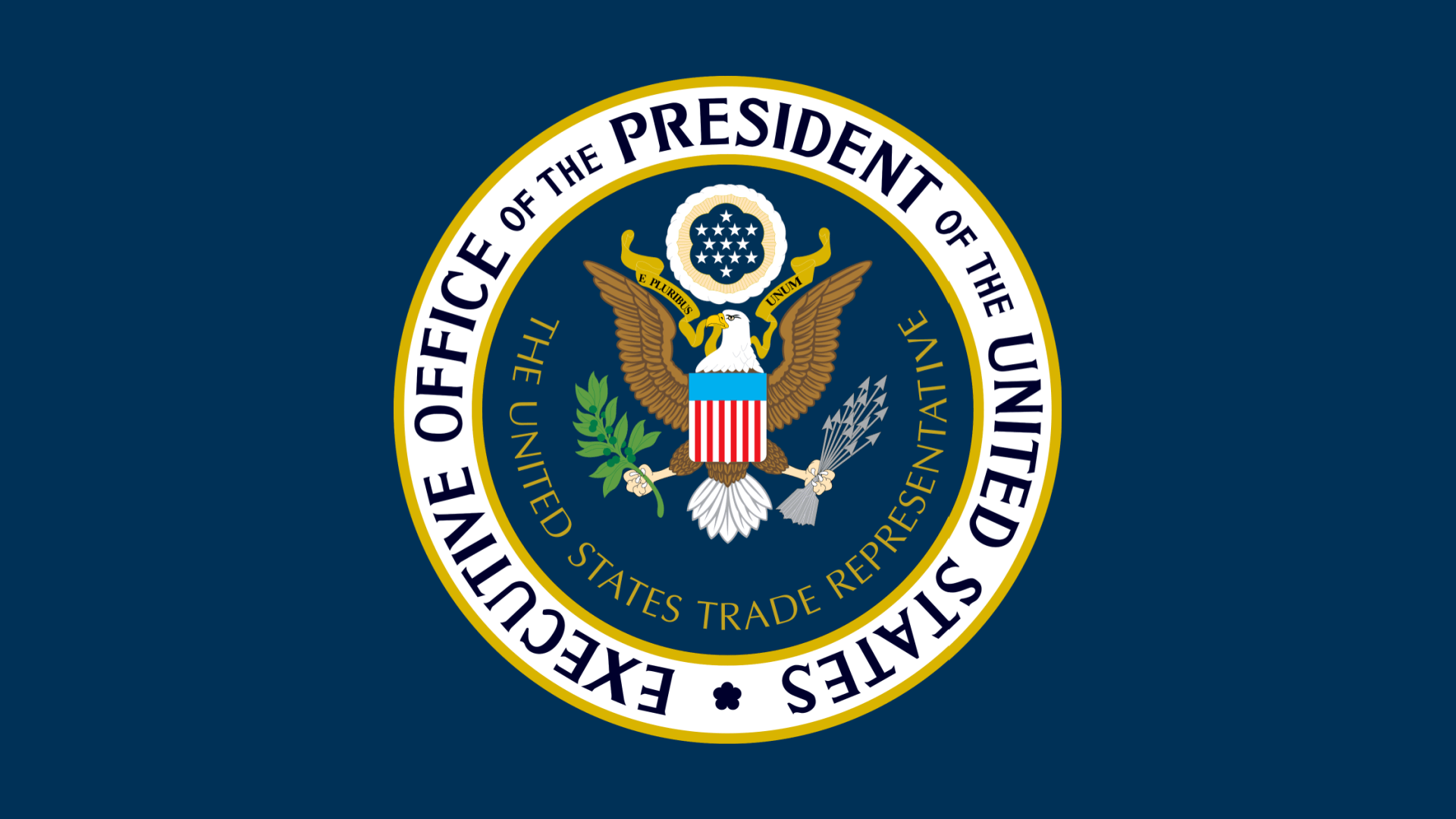
Senator Blackburn and Ossoff’s De Minimis Bill is Seriously Flawed
While the bill’s title suggests a crackdown on the unfolding de minimis catastrophe, in reality it would handcuff CBP’s ability to do anything about it.
CPA believes that foreign adversaries like China should not be able to exploit U.S. capital markets and tens of millions of unwitting American investors in order to fund activities that pose a threat to U.S economic and national security.
In order to protect retail investors and pensioners, CPA believes that companies should only be able to access U.S. capital markets if they are in compliance with all U.S. laws for transparency and accountability. Additionally, any company, including its subsidiaries, sanctioned by the U.S. government should be prohibited from accessing our markets, and no American investor — retail or institutional — should be able to invest in any financial product of a sanctioned company, including securities and other investment products like Exchange Traded Funds (ETFs).
U.S. investors are inadvertently funding Chinese companies involved in activities contrary to the national security, economic security, and human rights interests of the United States. For decades, Wall Street has profited by helping the Chinese Communist Party (CCP) fund its companies via U.S. capital markets, exploiting tens of millions of unwitting American investors in the process. Currently, there are Chinese companies integrated into U.S. capital markets that actively assist the CCP and its campaign of evil, including Beijing’s genocide and human rights abuses against the Uyghurs and companies helping to strengthen and modernize the People’s Liberation Army, Navy, and Air Force.
CPA advocates for the inclusion of more companies on existing sanctions lists, as well as creating new sanctions to protect American investors from these harmful companies that not only pose material risk to the return on investment, but also threats to American security. Via legislative, regulatory, and executive branch tools, CPA advocates for a U.S. government strategy that cuts off funding to the CCP and protects hard-earned investment capital.
House Speaker Mike Johnson (R-LA) and Senate Majority Leader Chuck Schumer (D-NY) each have expressed their desire to move forward this Congress with a bill to prohibit U.S. capital, economic incentives, and trade preferences from benefitting China and other adversarial nations. Importantly, this legislative package would also seek to build American productive capacity to eliminate dependence on those nations, especially in industries that are critical to U.S. economic and national security. The Coalition for a Prosperous America (CPA) endorses the following legislation for inclusion in any such package.

While the bill’s title suggests a crackdown on the unfolding de minimis catastrophe, in reality it would handcuff CBP’s ability to do anything about it.

Biden’s signature climate change-related spending policy, the Inflation Reduction Act, is said to be going under the knife once Trump takes office in January. But with Republican districts now full of solar, and solar manufacturing facilities, the real risk is changes to the so-called 45X tax credit.

The takeaway from the roughly 90 minute hearing titled “Rebuilding the Arsenal of Democracy” was that the government needed long term contracts and more money to build up defense systems because, based on war games conducted by the Center for Strategic and International Studies, the U.S. struggled to hold its own.

Peter Navarro played a key role in the first Trump administration in advancing pro-American trade policies and leveling the playing field for U.S. industry. His return signals a serious commitment to prioritizing American manufacturing and economic independence.

It is now time for the Senate to act swiftly and ensure that this bill becomes law, empowering the DOJ to effectively prosecute international trade crimes and protect American industry.

CPA looks forward to working with Jamieson Greer to advance a robust trade agenda that prioritizes domestic production, holds trade violators accountable, and strengthens America’s industrial base.